In an interview with Westchester Magazine, Eric Trump, the son of President Donald Trump, said his father's quality of life declined upon deciding to run for president.
"My father’s life became exponentially worse the minute he decided to run for president," Eric Trump told the magazine. "He didn't need to do this, but he was immensely frustrated with where the country was going."
Every day, you get abused by somebody," he continued. "And the next thing you know, you’re being parodied on Saturday Night Live. It comes with the territory. We stood center stage with my father during the campaign and beyond."
Despite his misgivings, Eric Trump said that "there would be far fewer headaches if it weren't for politics" but that he felt it was worth it because the Trumps are "in it for the right reasons."
But his statements didn't go over well after The Hill tweeted out a snippet from the interview.
At this point, model (and noted Trump family critic) Chrissy Teigen decided to weigh in with, "ours too! finally, something in common."
Teigen has never been a fan of President Donald Trump or his policy proposals. In the past, she criticized him for his tempestuous nature, his off-the-cuff statements, and his history of racially charged statements. Some of these criticisms go back several years, well before he ever launched a presidential campaign.
Donald Trump never appeared to reply to Teigen directly, but it seems she did, at some point, strike a nerve. The president blocked her from viewing his tweets in July 2017.
Teigen is far from the only individual the president has blocked on the social media platform. Last night, the president and one of his top aides appealed a federal court ruling that said the president was violating the constitutional rights of individuals he has blocked from viewing his personal Twitter feed. Last month, U.S. District Court Judge Naomi Reice Buchwald ruled that Twitter "serves as a designated public forum," noting that the president has used his personal Twitter account to issue official statements on behalf of the White House.
Eric Trump's statements come a day after his father took another swipe at Special Counsel Robert Mueller's Russia investigation, calling it "UNCONSTITUTIONAL!" and asserting that he has the right to pardon himself. Although pardoning himself would be an admission of guilt, the president insisted that he would not pardon himself, because "why would I do that when I have done nothing wrong?"
The president claimed that he was the target of a conspiracy "led by 13 very Angry and Conflicted Democrats (and others)" and that this animosity "continues into the mid-terms!"
The president's outbursts came after his attorney, Rudy Giuliani, told The Huffington Post that Trump hypothetically could have shot former FBI director James Comey to end the Russia investigation and not face prosecution for it while in office.
Trump’s presidential power, said Giuliani, is such that “in no case can he be subpoenaed or indicted.”
“I don’t know how you can indict while he’s in office. No matter what it is,” he added.
Giuliani noted that if the president had shot James Comey instead of firing him––as he did in May 2017––Trump would face impeachment rather than prosecution.
“If he shot James Comey, he’d be impeached the next day,” Giuliani said. “Impeach him, and then you can do whatever you want to do to him.”
Giuliani later claimed, in an interview with ABC News Chief Anchor George Stephanopoulos on “This Week,” that Trump “probably does” have the power to pardon himself should he be found guilty of obstructing justice.
“He has no intention of pardoning himself,” said Giuliani. But it is a “really interesting constitutional argument: ‘Can the president pardon himself?’”
“I think the political ramifications of that would be tough,” he continued. “Pardoning other people is one thing. Pardoning yourself is another. Other presidents have pardoned people in circumstances like this, both in their administration and sometimes the next president even of a different party will come along and pardon.”


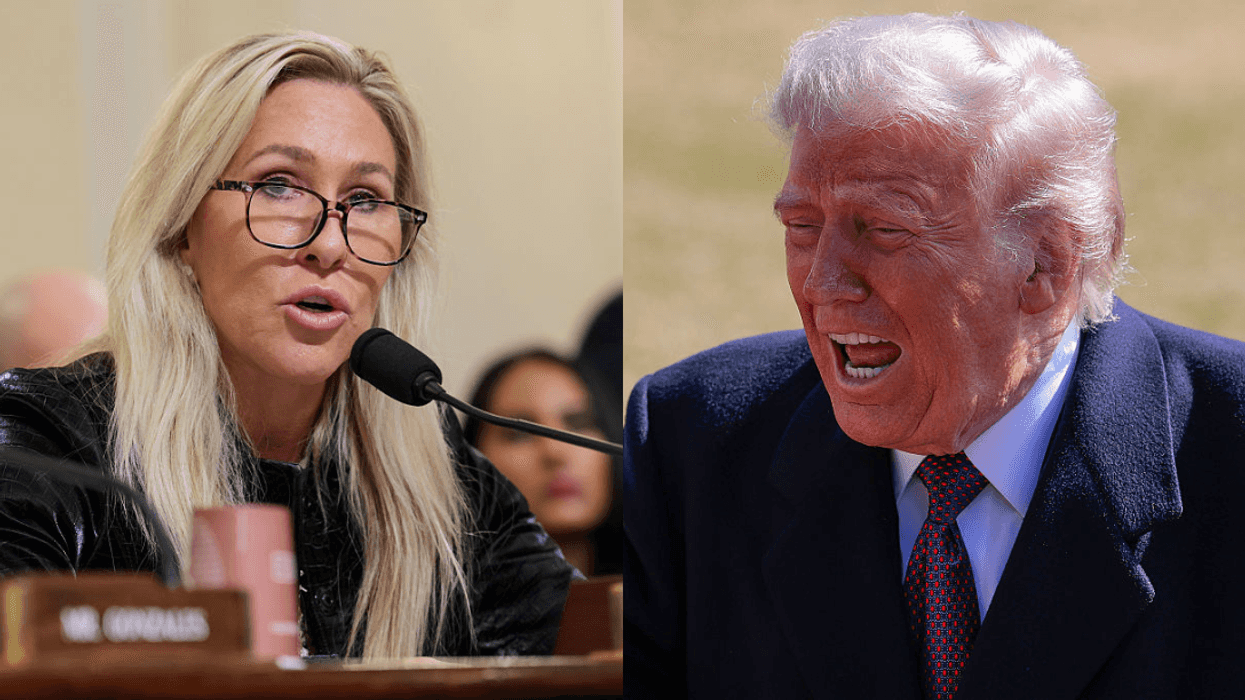


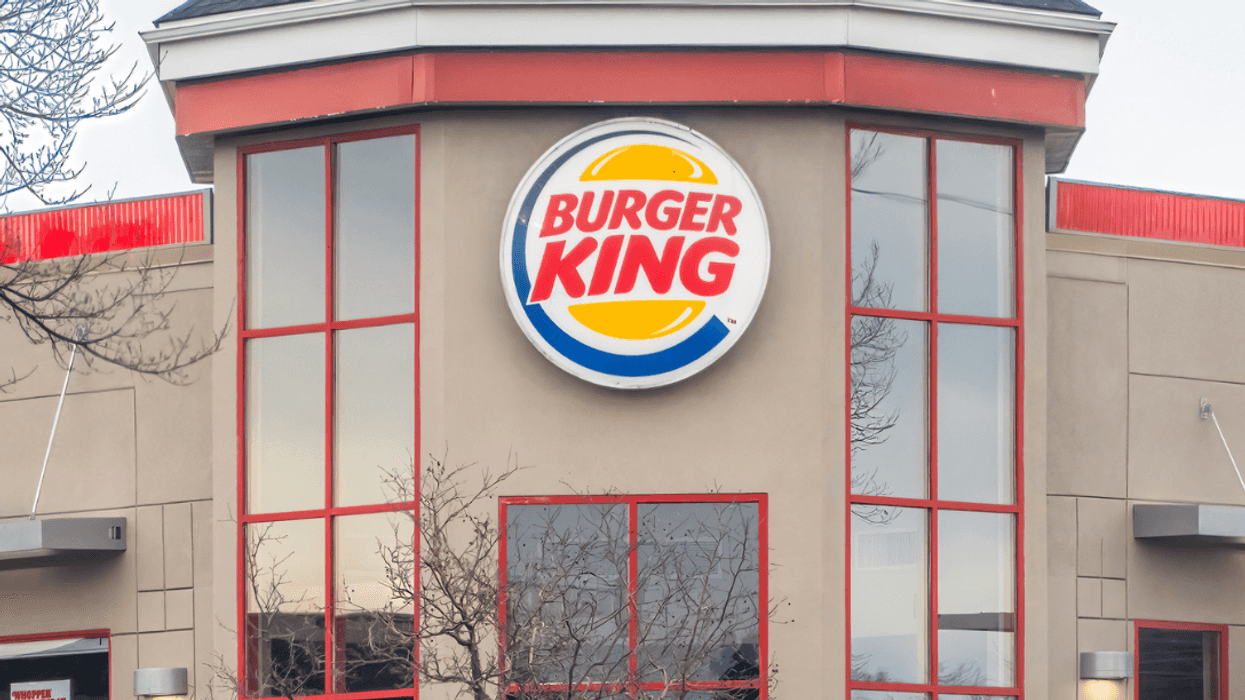
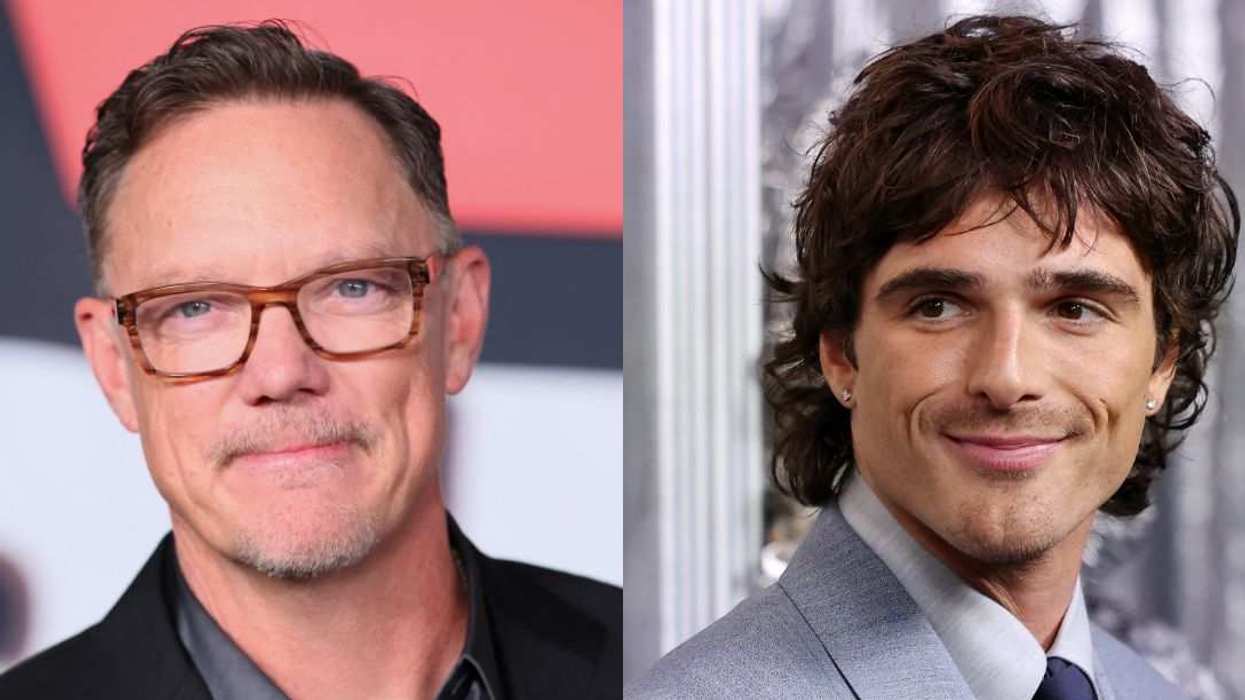



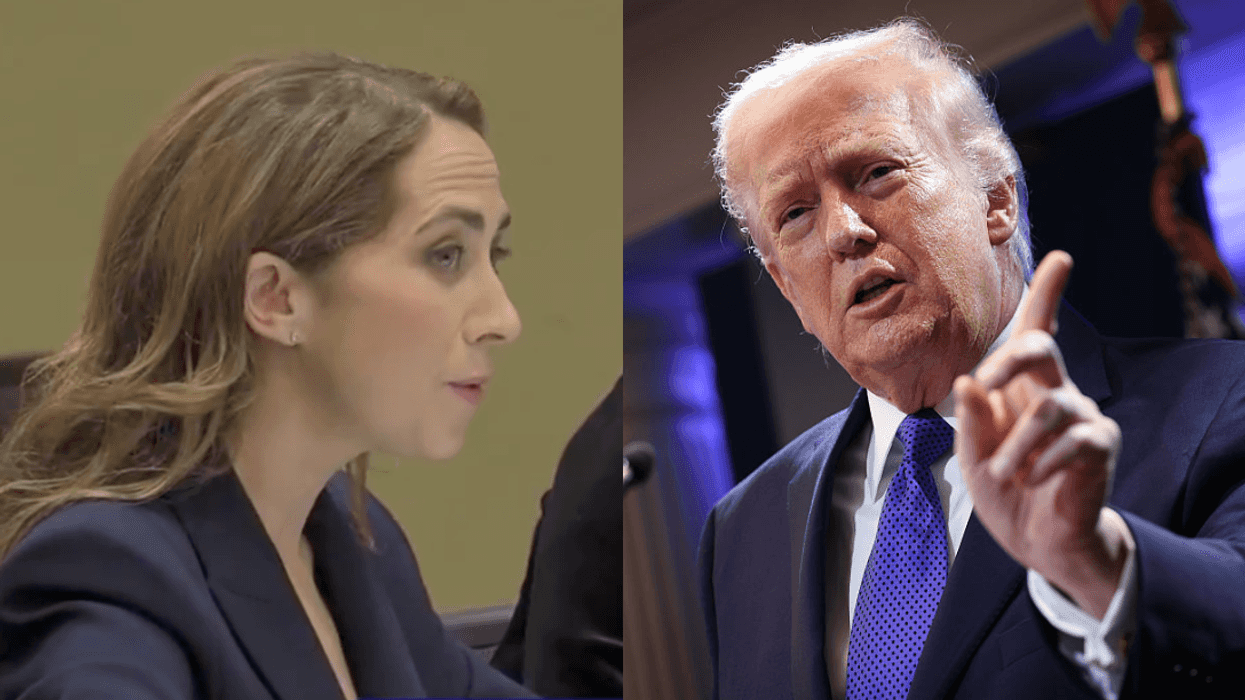


 Reset Era
Reset Era r/WorkReform/Reddit
r/WorkReform/Reddit r/WorkReform/Reddit
r/WorkReform/Reddit Reset Era
Reset Era Reset Era
Reset Era r/WorkReform/Reddit
r/WorkReform/Reddit Reset Era
Reset Era r/WorkReform/Reddit
r/WorkReform/Reddit Reset Era
Reset Era r/WorkReform/Reddit
r/WorkReform/Reddit Reset Era
Reset Era Reset Era
Reset Era r/WorkReform/Reddit
r/WorkReform/Reddit Reset Era
Reset Era r/WorkReform/Reddit
r/WorkReform/Reddit Reset Era
Reset Era r/WorkReform/Reddit
r/WorkReform/Reddit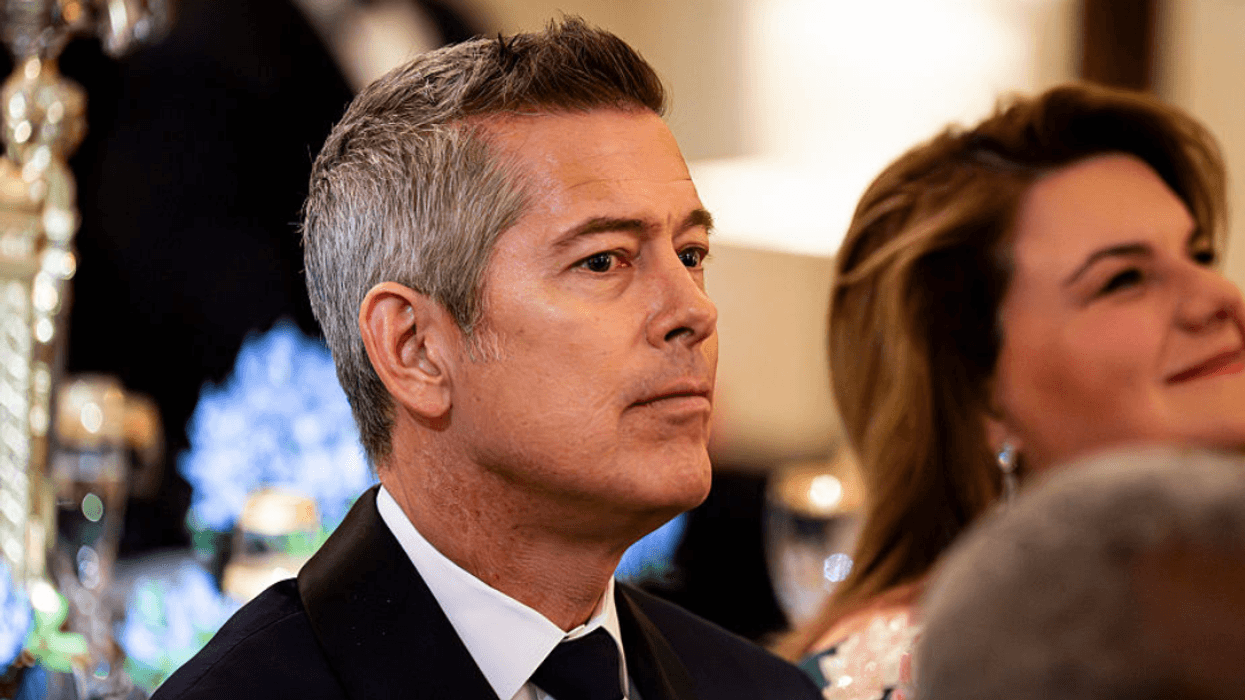
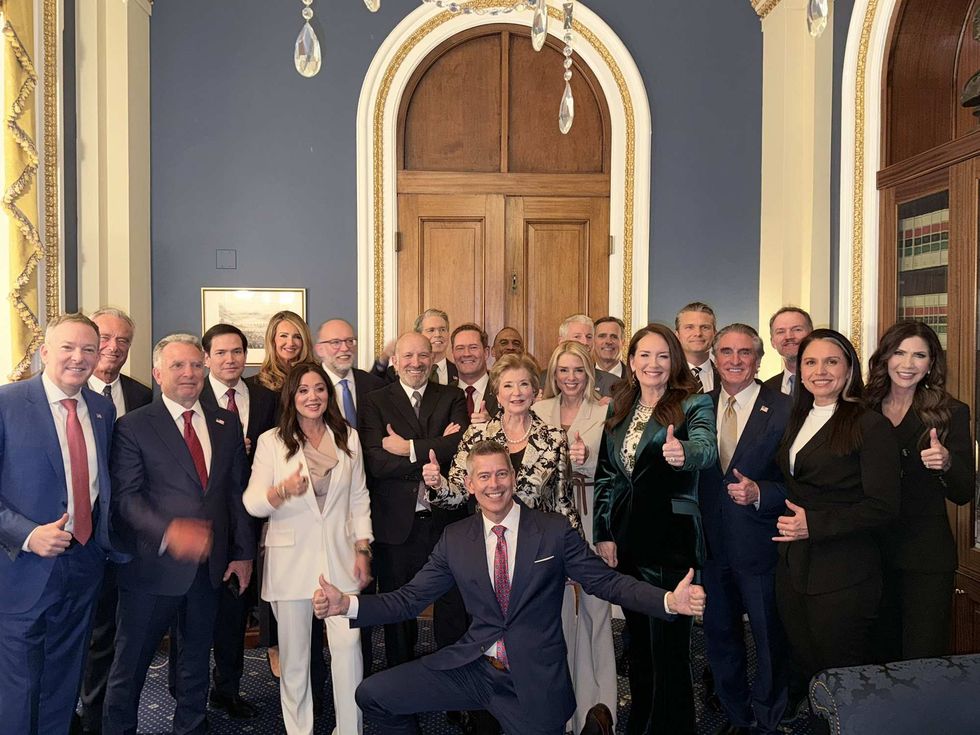 @SecDuffy/X
@SecDuffy/X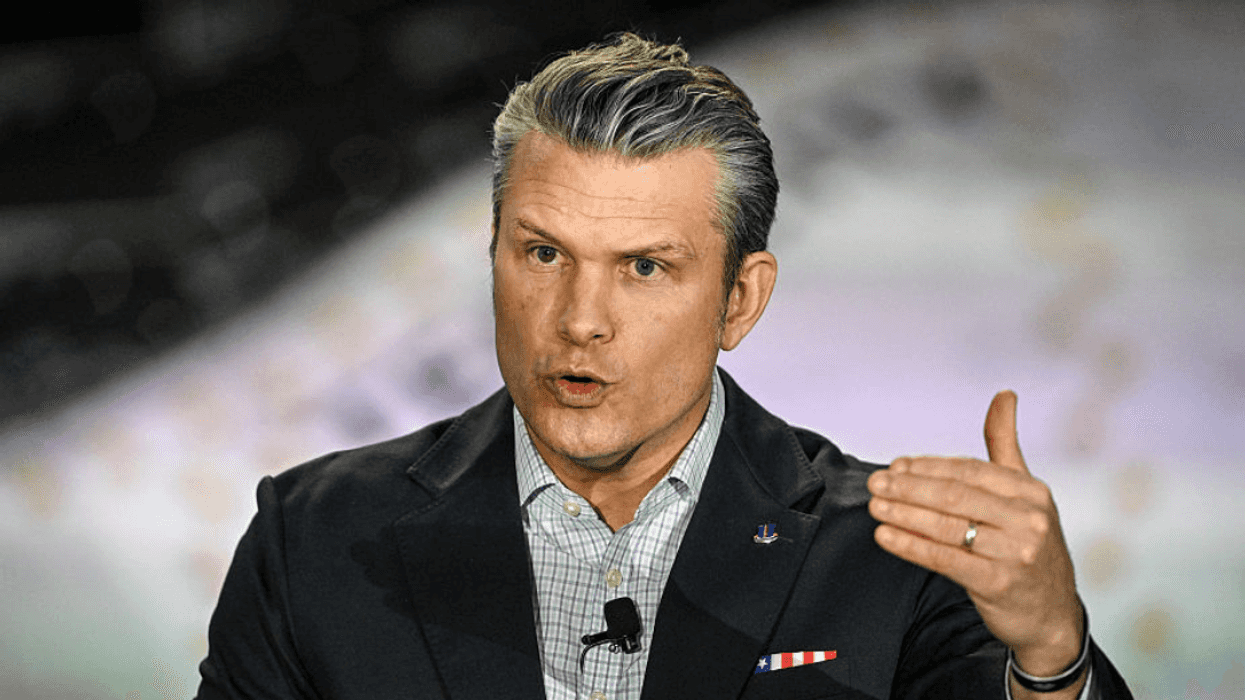

 @WhiteHouse/TikTok
@WhiteHouse/TikTok @WhiteHouse/TikTok
@WhiteHouse/TikTok @WhiteHouse/TikTok
@WhiteHouse/TikTok @kevdsmith/X
@kevdsmith/X